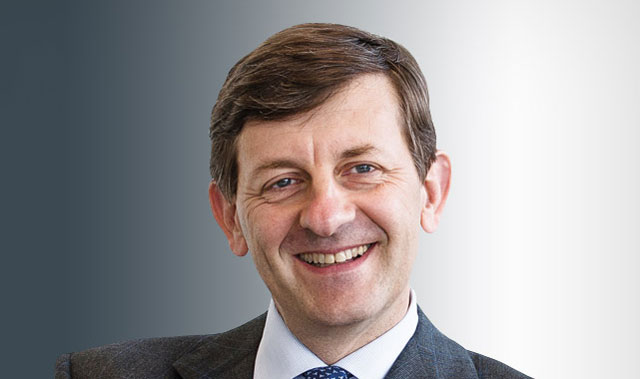 WhatsApp, the world’s most popular smartphone instant messaging platform, has started rolling out voice dialling in its application (Android users only for now), striking fear into the hearts of mobile telecommunications industry executives everywhere.
WhatsApp, the world’s most popular smartphone instant messaging platform, has started rolling out voice dialling in its application (Android users only for now), striking fear into the hearts of mobile telecommunications industry executives everywhere.
The company, now owned by Facebook, first announced its plans at 2014’s Mobile World Congress in Spain to allow its hundreds of millions of users to call each other using the app.
That announcement set the cat among the pigeons in the mobile operator world, with fears that WhatsApp and other so-called “over the top” or OTT services would not only eat away at their lucrative voice profits but undermine the business case for rolling out the next-generation broadband networks the OTT providers need to offer services to consumers.
The reason the mobile industry is so concerned about WhatsApp in particular is its vast subscriber base, now numbering more than 700m active users. The company will soon overtake China Mobile — the world’s largest mobile operator — by subscriber numbers.
The problem for mobile operators is that voice still tends to be a much more profitable business than data and WhatsApp wants to offer free voice calls — at least between its users — over the operators’ lower-margin data infrastructure. In other words, WhatsApp is threatening to rip out the operators’ most profitable business from under them, by using their own networks to do it. That has to hurt.
And the operators can’t simply hit back by blocking WhatsApp. Their customers would revolt if they tried and regulators would come down on them like a ton of bricks.
The debate over OTT providers has been raging in South Africa for some time. MTN South Africa CEO Ahmad Farroukh fired the first salvo in 2014 when he accused OTTs of wanting a “free ride” on the billions the operators invest in network infrastructure.
Now Vodafone’s global CEO, Vittorio Colao, who was in South Africa this week for meetings with South African-headquartered subsidiary Vodacom, has weighed in on the subject, warning at a press conference in Johannesburg on Wednesday that regulators and policy makers need to ensure that OTT providers are subjected to the same rules as operators.
Though he said he doesn’t think of companies like WhatsApp as a threat, there has to be “fairness in the ability to compete”. He said Vodafone would be taken to task by regulators if it refused to interconnect with another operator anywhere in the world, yet it can’t interconnect with WhatsApp.
“If I want to send an instant message from a Vodafone client to WhatsApp, I can’t. The biggest communications company in the world [WhatsApp] has no obligation to interconnect. The regulations should be the same,” Colao said.
He said companies like WhatsApp should be forced by regulators to interconnect with telecoms operators. “There is an imbalance of power. The dominance of these OTT providers is the real issue, and could result in a reduction of competition and innovation.”
In addition, if operators are required to provide legal interception to authorities, the OTT companies should be obliged to do the same. The European Commission should investigate the issue, he added. “There is no reason I should have a higher cost than them.”

But there appears to be little sympathy for this point of view among mobile consumers. Many people argue that operators are still making money from selling them the data services they need to access OTT services.
WhatsApp voice calls won’t be completely free since users still need to pay for the data they consume. But, on average, the operators’ profit margins will be significantly lower than if those calls had been routed over their own voice networks.
For many users, making calls over the Internet is still an inconveniece — for one thing, quality is not yet what it should be. But as operators build out 4G broadband networks, the situation will improve.
And, as a colleague pointed out this week, Microsoft smartphones will soon “detect automatically if the person being called has Skype, and transparently hand a voice call from the mobile network to Skype”. Expect this to happen on other platforms, too.
To mobile operators, this is tantamount to a declaration of war. No wonder Colao is keen for regulators to step in.
- Duncan McLeod is editor of TechCentral. Find him on Twitter
- This column was first published in the Sunday Times

